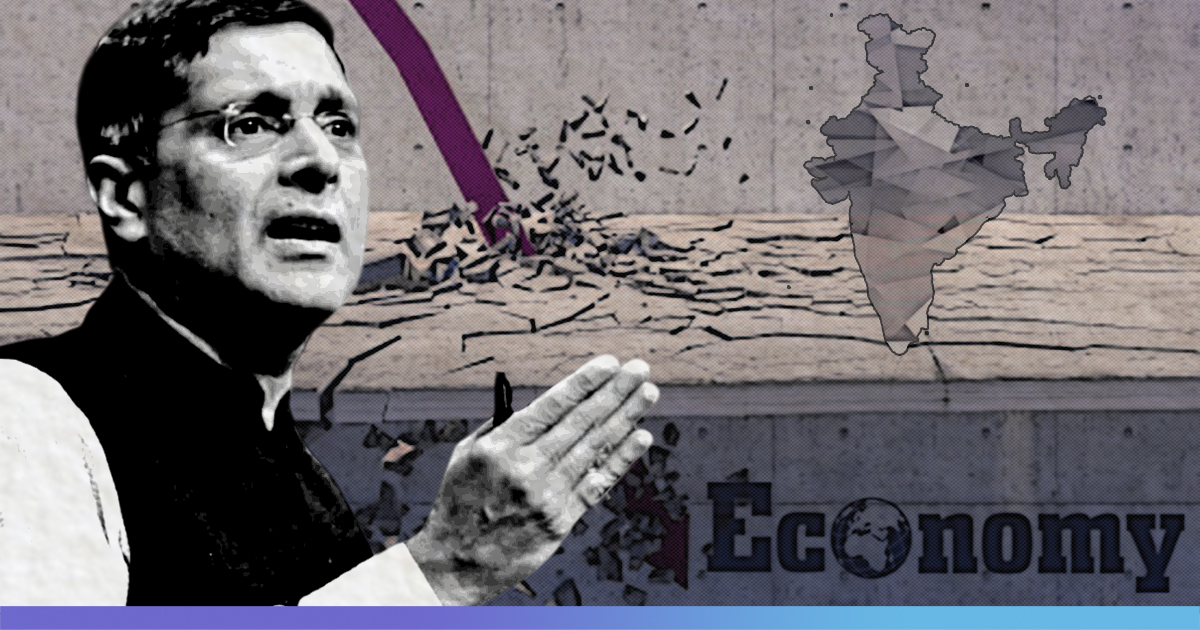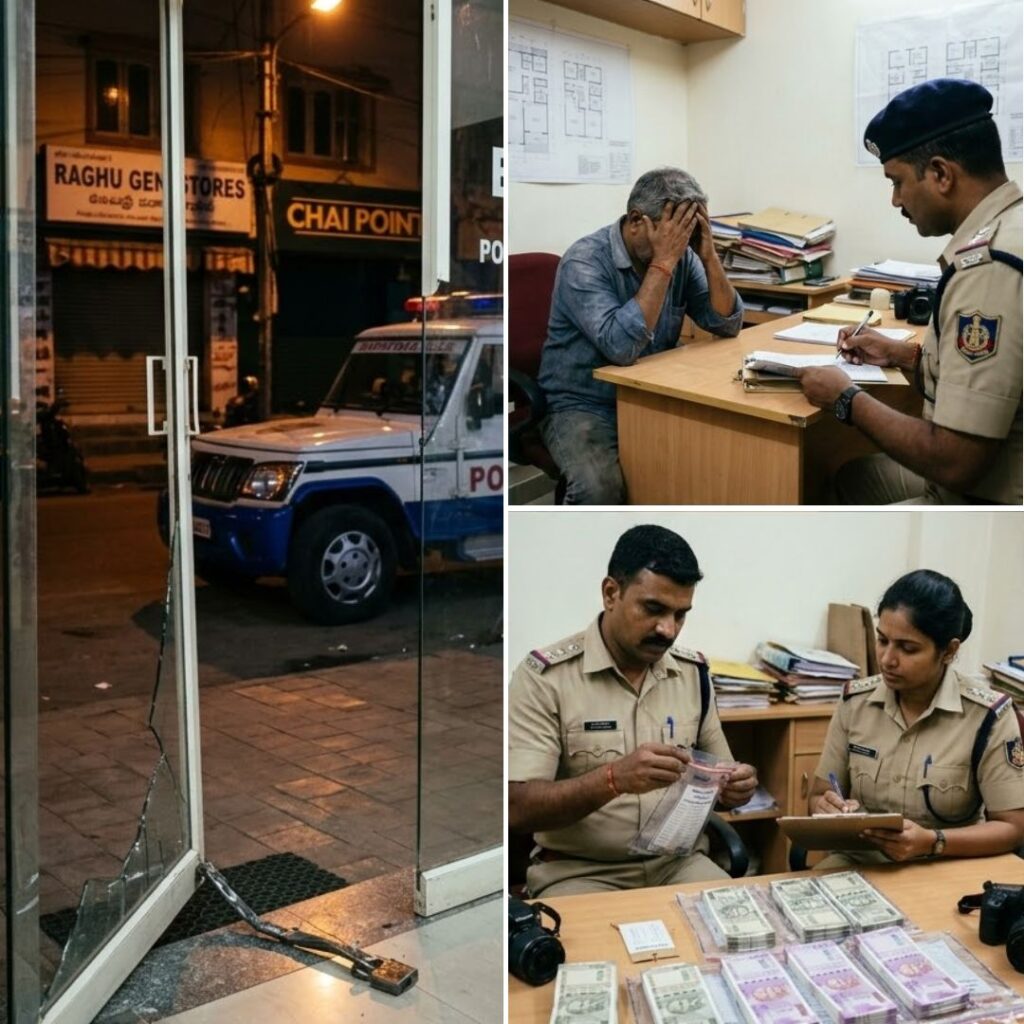Former Chief Economic Adviser of India, Arvind Subramanian has said that Indian economy is facing a “great slowdown” primarily due to a “second wave” of the twin balance sheet crisis at banks.
In a paper co-authored with the former head of the International Monetary Fund’s India office Josh Felman, Subramanian said that the country is facing a “four balance sheet” challenge which includes banks, infrastructure, plus NBFCs and real estate companies. He also and is stuck in an adverse interest growth dynamic.
“Since the Global Financial Crisis, India’s long-term growth has slowed as the two engines propelling rapid growth investment and exports sputtered. Today, the other engine — consumption — has also stalled. As a result, growth has plummeted precipitously over the past few quarters,” he wrote, in a paper of the Harvard University’s Centre for International Development.
Subramanian had alarmed about the twin balance sheet (TBS) problem, debt by private corporates becoming non-performing assets (NPA) of banks back in December 2014, when he was CEA to the Narendra Modi government.
In the July-September quarter, India’s GDP growth slowed to a six-year low of 4.5 per cent. It was the sixth consecutive quarter when the growth rate had slipped drastically.
“The corporate cost of borrowing now exceeds the GDP growth rate by more than 4 percentage points, meaning that interest on the debt is accumulating far faster than the revenues that companies are generating.”
He added that action must be taken to stabilize the economy, but expressed doubt that in the current circumstances, the standard macroeconomic tools are not very useful. “There are actions that the government cannot do (further significant fiscal stimulus); must not do (reducing personal income tax rates or raising GST rates); can do with only limited effectiveness (easing monetary policy),” Subramanian added.
Subramanian’s Suggestions
In the paper Subramanian proposes Data Big Bang as the first step to fixing the economy, that would build a reliable basis for policymaking.
“This must comprise the publication of unreleased reports together with a strategy for improving official statistics in at least three areas: the real sector (GDP, consumption, and employment), fiscal accounts, and stressed assets in the banking system,” he said.
The next step would be to conduct a new asset quality review to cover banks and NBFCs. He also insisted on the creation of two executive-led public sector asset restructuring companies (bad banks), one each for the real estate and power sectors, while strengthening the NBFCs at the same time.
“The government currently has a tremendous amount of political capital. After a long and difficult decade, the government has both the opportunity and the clear need to resolve the Four Balance Sheet (FBS) problem,” he said.
Amid the current slowdown, he said, after demonetisation, large amounts of cash made their way to banks, who on-lent a major part of that to NBFCs. The NBFCs, in turn, channelled this money to the real estate sector. By 2017-18, NBFCs were accounting for half of the estimated ₹5 lakh crore of outstanding real estate loans.
Most NBFC lending recently was concentrated in the real estate sector, which itself was in a precarious situation after demonetisation.
The paper says that the current slowdown is worrisome not only because the GDP growth has slowed down but also due to the disaggregated data. The GDP growth for the second quarter of 2019-20 stood at 4.5 per cent, slowest in more than six years.
“The growth of consumer goods production has almost stalled; the production of investment goods is falling. Exports, imports, indicators along with and government revenues are in a negative figure. If one compares the indicators for the first seven months of this year with two previous episodes, the current slowdown seems closer to the 1991 slowdown than the 2000-02 recession,” read the paper.
Also Read: India’s Growth Forecast Likely To Be Significantly Cut In January: IMF Chief Economist Gita Gopinath











